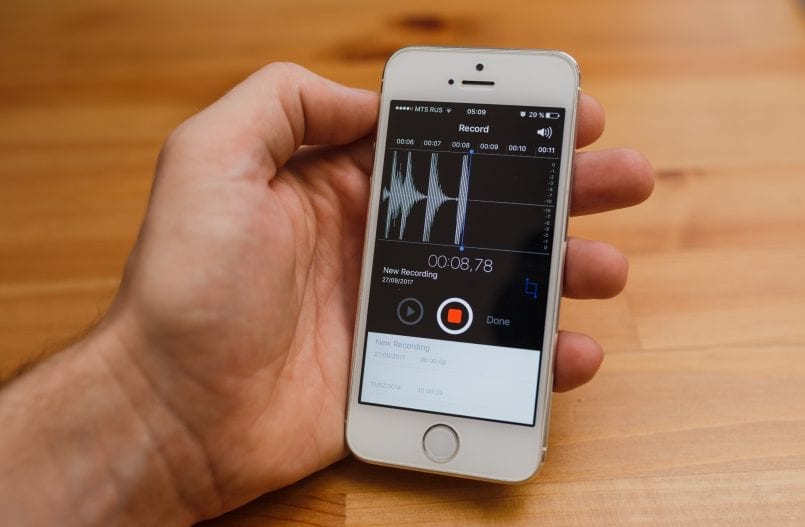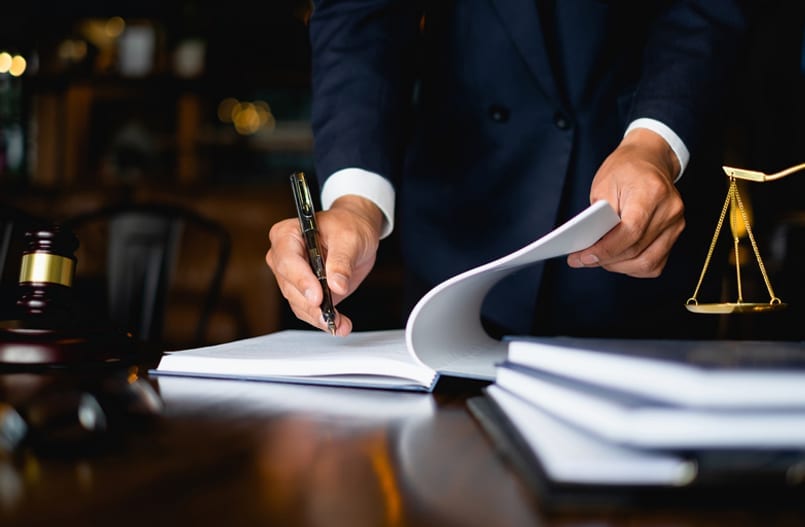A survey conducted by the Australian Institute of Criminology has reported a 53% increase in the frequency and severity of domestic violence since the beginning of the COVID-19 pandemic. As domestic violence largely occurs behind closed doors, evidence about the perpetration of domestic violence often comes down to a ‘he said, she said’ in family law proceedings.
The increased ownership of smartphones means that people can now make discrete audio and video recordings easily in their own homes. However, smartphone recordings alleging to capture an instance of, or an admission to, domestic violence are not automatically admissible as evidence in family law proceedings.
The making and use of secret recordings is governed by the Surveillance Devices Act (‘SDA’) in New South Wales. Section 7 of the SDA prohibits the use of listening devices to record a private conversation to which a person is, or is not, a party. A smartphone is considered to be a ‘listening device’ for the purposes of the SDA.
There are a few exceptions to the prohibition under Section 7. These include where the principal parties to the conversation consent to the listening device being used, or where the making of a recording is ‘reasonably necessary for the protection of the lawful interests of that principal party’. However, even if an exemption to the prohibition may apply, that does not mean the recording will automatically be admissible in family law court proceedings.
Smartphone recordings that are obtained in contravention of an Australian law are only admissible in court proceedings where the desirability of admitting the evidence outweighs the undesirability of doing so. There are a range of factors that the court takes into account when deciding whether it is ‘desirable’ to admit recording evidence, including the importance of the evidence in the proceedings and the difficulty of obtaining the evidence without contravening an Australian law.
The maximum penalty for breaching Section 7 is an $11,000 fine or five years imprisonment, so people must think carefully before they record a private conversation.
If you would like to discuss concerns about domestic violence and private recordings, Contact Us to speak to one of our family lawyers. We have years of experience helping people with their family law needs throughout the Newcastle, Lake Macquarie and Hunter region.
This blog was written by Associate,
Jessica Benson
Jessica practises in the areas of Family Law, Wills & Estate Planning,
Deceased Estates and Will disputes




